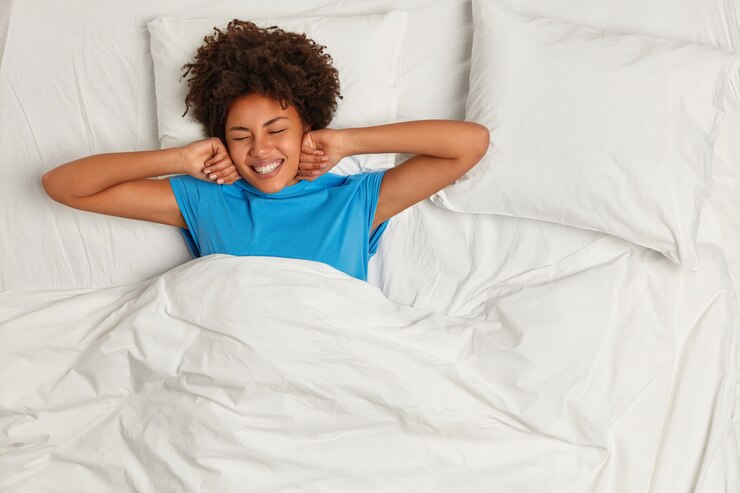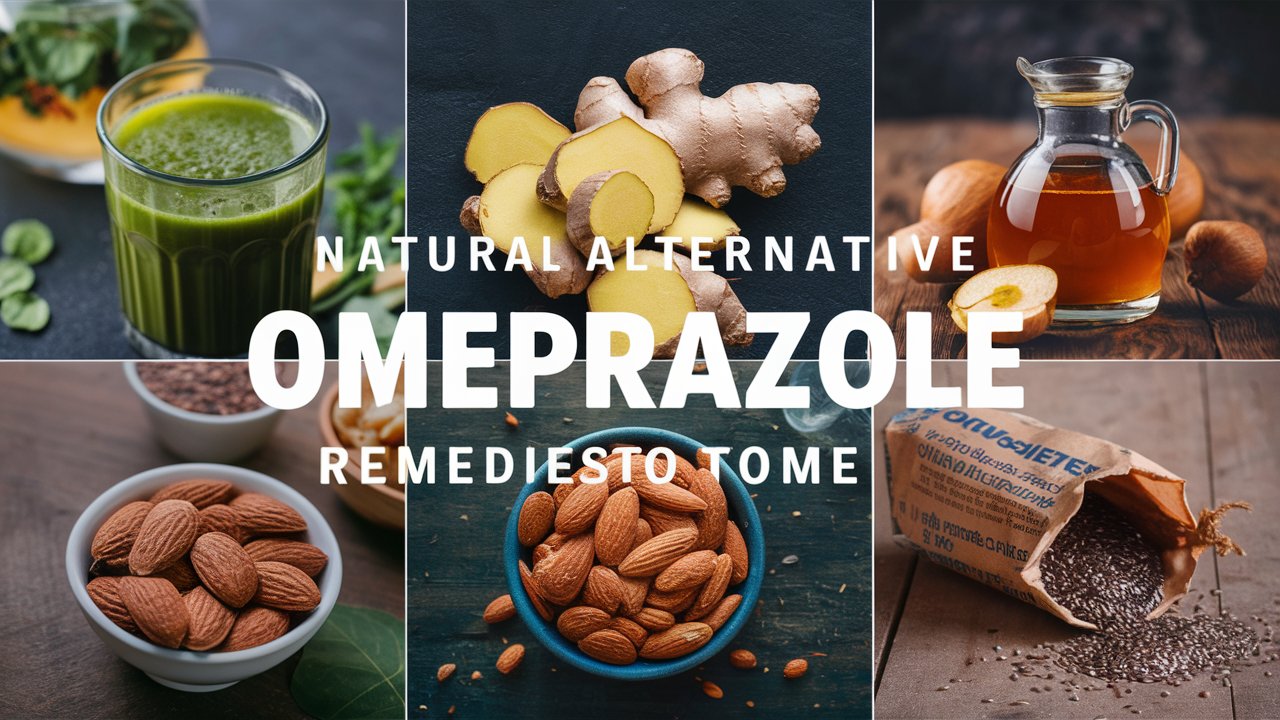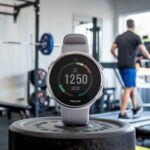Breathe Easy, Sleep Soundly: Exploring Natural Alternatives to CPAP Machines for Sleep Apnea.
Sleep apnea, a condition characterized by recurrent breathing pauses during sleep, can wreak havoc on your health and well-being. While the gold-standard treatment, CPAP machines, effectively prevent apneic episodes, their mask, noise, and discomfort can deter some users. For these individuals, exploring natural alternatives offers a glimmer of hope for a restful night’s sleep.
1. Lifestyle Modifications: Rekindling Your Body’s Sleep Symphony.
Weight Loss: Carrying excess weight, particularly around the neck, narrows your airway, making apneic episodes more likely. Shedding those extra pounds can significantly improve your sleep quality. Aim for gradual, sustainable weight loss through a balanced diet and regular exercise.
Exercise: Get your heart pumping! Regular physical activity strengthens your upper airway muscles, making them less susceptible to collapse during sleep. Opt for aerobic exercises like swimming, yoga, or brisk walking for maximum benefit.
Sleep Positional Therapy: Ditch the back snooze! Sleeping on your back worsens sleep apnea. Side sleeping with a pillow between your knees elevates your head and keeps your airway open. Consider investing in specialized side-sleeping pillows for added comfort.
Alcohol and Smoking Cessation: These culprits relax your throat muscles, further compromising your airway. Kicking them to the curb not only improves sleep apnea but also boosts your overall health. After reading this article, consider reading another article I wrote about >>>> Alternatives to Fossil Fuels Pros and Cons to learn more.
2. Oral Appliances: A Custom-Fit Solution for Snoozing Comfort.
Imagine a quiet, comfortable mouthpiece that keeps your airway open all night. That’s the magic of oral appliances, custom-made devices worn during sleep to advance your lower jaw or stabilize your tongue, ensuring unobstructed breathing. While not as effective as CPAP for severe apnea, they offer a non-invasive, user-friendly alternative.
Pros:
- Comfort and convenience: No mask, no noise, just peaceful sleep.
- Portability: Travel-friendly and discreet.
- Easy to use: No complex setup or maintenance.
Cons:
- Less effective for severe apnea: May not completely eliminate apneic episodes.
- Potential side effects: Jaw discomfort, dry mouth, and tooth misalignment can occur in some cases.
3. Beyond the Basics: Unveiling Holistic Approaches to Sleep Apnea Management.
The quest for restful sleep doesn’t stop there. Explore these additional natural allies in your fight against sleep apnea:
Nasal Dilators: These adhesive strips or plugs unobstruct your nasal passages, promoting better airflow and reducing upper airway resistance.
Humidifiers: Adding moisture to the air loosens mucus and soothes inflamed tissues, making breathing easier during sleep.
Myofunctional Therapy: Strengthening throat and tongue muscles through targeted exercises can improve airway patency and reduce apneic episodes.
Playing Wind Instruments: Believe it or not, playing instruments like the didgeridoo can enhance airway control and respiratory strength, potentially alleviating sleep apnea symptoms.
Remember: These approaches are best used in conjunction with medical guidance and may not be suitable for everyone. Consult your doctor to determine the best course of action for your unique situation.
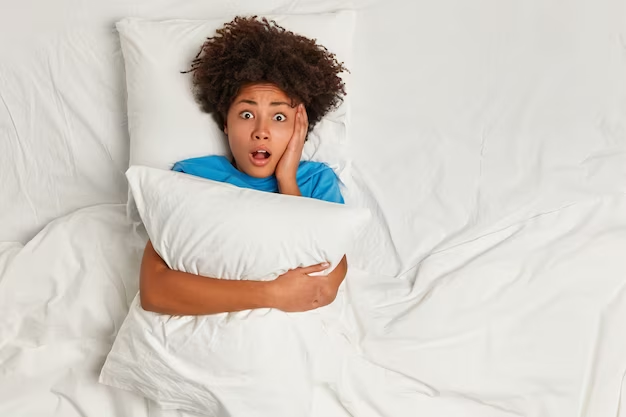
While CPAP remains the first-line treatment for sleep apnea, natural alternatives offer promising options for those seeking a quieter, more comfortable path to restful sleep. By incorporating lifestyle modifications, exploring oral appliances, and delving into other holistic approaches, you can reclaim your right to breathe easily and wake up refreshed.
Always remember, that prioritizing sleep apnea management is crucial for your overall health and well-being. So, embark on this journey towards snooze-worthy nights and embrace the joy of deep, rejuvenating sleep.
Disclaimer: This article provides general information and should not be construed as medical advice. Always consult a healthcare professional for personalized guidance on managing your sleep apnea.
3. Beyond the Basics: Unveiling Holistic Approaches to Sleep Apnea Management.
While lifestyle changes and oral appliances offer solid initial steps, the realm of natural alternatives extends even further. Let’s delve into some additional approaches that can enhance your sleep apnea management journey:
3.1 Nasal Dilators:
Think of these adhesive strips or plugs as tiny superheroes for your nose. They gently widen your nasal passages, increasing airflow and reducing resistance in the upper airway. This can significantly improve breathing during sleep, leading to fewer apneic episodes and a more restful night.
Pros:
- Over-the-counter convenience: Easily accessible and readily available in pharmacies.
- Non-invasive and comfortable: No mask or device discomfort, making them ideal for light sleepers.
- Portable and discreet: Perfect for travel and discreet use.
Cons:
- May not be suitable for everyone: Individuals with sensitive skin or nasal congestion might experience irritation.
- Limited effectiveness for severe cases: For severe sleep apnea, nasal dilators alone may not be sufficient.
3.2 Humidifiers:
Imagine stepping into a spa-like oasis… in your bedroom! Humidifiers introduce moisture into the air, which can be a game-changer for those struggling with sleep apnea. Dry air can irritate and inflame the tissues in your upper airway, narrowing the passage and worsening apnea symptoms. Adding moisture acts as a soothing balm, loosening mucus and making it easier to breathe.
Pros:
- Multi-pronged benefits: Improves sleep quality, alleviates congestion, and soothes dry skin and throat.
- Variety of options: Choose from cool-mist, warm-mist, or ultrasonic humidifiers to suit your preferences.
- Easy to use and maintain: Most models require minimal cleaning and maintenance.
Cons:
- Overfilling can lead to mold growth: Ensure proper maintenance and cleaning to avoid potential health risks.
- Noise factor: Some humidifiers can generate slight noise, potentially disturbing light sleepers.
3.3 Myofunctional Therapy:
Think of your upper airway muscles as an orchestra: if they’re weak and uncoordinated, the music (your breathing) gets disrupted. Myofunctional therapy acts as a conductor, strengthening and retraining these muscles for optimal performance. Through targeted exercises for the tongue, throat, and facial muscles, this therapy can improve airway patency and reduce the frequency of apneic episodes.
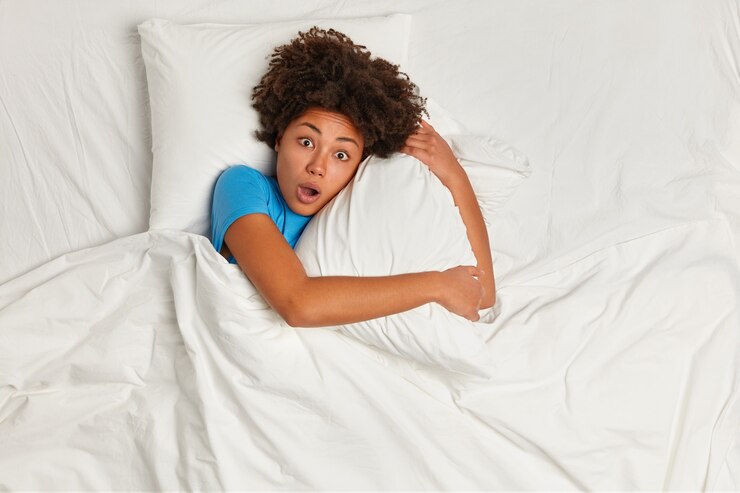
Pros:
- Non-invasive and drug-free: A natural and holistic approach to managing sleep apnea.
- Long-term benefits: Strengthens muscles for sustained improvement, potentially reducing reliance on other interventions.
- Improves overall health: Benefits extend beyond sleep apnea, enhancing swallowing, speech, and facial aesthetics.
Cons:
- Requires commitment and time: Regular practice is necessary for optimal results.
- Limited accessibility: Finding qualified therapists trained in myofunctional therapy might require research.
3.4 Playing Wind Instruments:
Who knew blowing on a horn could help you sleep better? Playing wind instruments like the didgeridoo can be surprisingly beneficial for sleep apnea. These instruments require controlled breathing and diaphragm engagement, strengthening the respiratory muscles and improving airway control. While not a standalone cure, this unique approach can complement other strategies and contribute to better sleep quality.
Pros:
- Fun and engaging: Turns sleep apnea management into a hobby.
- Improves lung function and respiratory control: Benefits extend beyond sleep apnea.
- Stress relief and relaxation: Playing music can promote calmness and ease sleep.
Cons:
- Learning curve: Mastering instruments like the didgeridoo requires practice and dedication.
- Noise factor: Playing might not be suitable for shared living spaces.
Remember, these holistic approaches are best used in conjunction with medical guidance and may not be suitable for everyone. Consult your doctor to determine the best course of action for your unique situation. By harnessing the power of natural solutions alongside medical expertise, you can pave the way towards a snooze-worthy future and reclaim the restorative power of sleep.
4. Unwinding for Sleep: Lifestyle Hacks for Snooze Symphony.
Beyond the physical realm, consider weaving these mindful practices into your daily routine to prepare your mind and body for a peaceful night’s sleep:
4.1 Relaxation Regimen:
Stress and anxiety can worsen sleep apnea symptoms. Incorporate relaxation techniques like yoga, meditation, or deep breathing exercises into your bedtime routine. These practices calm the nervous system, reducing stress hormones and promoting a deeper, more restful sleep.
4.2 Sleep Hygiene Habits:
Establish a consistent sleep schedule, going to bed and waking up at the same time each day, even on weekends. Create a relaxing bedtime ritual, taking a warm bath, reading a book, or listening to calming music. Avoid screens and bright lights for at least an hour before bedtime, as they suppress melatonin production and disrupt sleep cycles.
4.3 Dietary Do’s and Don’ts:
Eating a healthy, balanced diet can improve sleep quality and reduce sleep apnea symptoms. Opt for whole grains, fruits, vegetables, and lean protein sources. Limit caffeine and alcohol intake, especially close to bedtime, as they can interfere with sleep patterns. Maintaining a healthy weight can also significantly improve sleep apnea, so prioritize nutritious meals and regular exercise.
4.4 Bedroom Bliss:
Transform your bedroom into a sleep sanctuary. Ensure a cool, dark, and quiet environment. Invest in blackout curtains, earplugs, or a white noise machine to block out any distractions. Keep your bedroom clutter-free and well-ventilated for optimal sleep comfort.
4.5 Seeking Support:
Don’t hesitate to seek professional help if you’re struggling to manage your sleep apnea. Consult your doctor or a sleep specialist for a comprehensive diagnosis and personalized treatment plan. Joining a support group or online community can connect you with others who understand your challenges and offer valuable advice and encouragement.

Remember, managing sleep apnea requires a multifaceted approach. By combining natural alternatives with healthy lifestyle habits, stress management, and professional guidance, you can orchestrate a symphony of restful sleep and wake up feeling refreshed and rejuvenated.
5. Unmasking the Myths: Demystifying Common Misconceptions about Sleep Apnea and Natural Alternatives.
Navigating the world of sleep apnea can be confusing, especially when conflicting information abounds. Let’s shed light on some prevalent myths and offer clarity:
Myth #1: Natural alternatives are just placebos and don’t work.
Reality: While CPAP remains the gold standard, numerous natural approaches have proven effectiveness in managing sleep apnea, especially in mild to moderate cases. Weight loss, exercise, and sleep position therapy can significantly improve symptoms. Oral appliances and other holistic strategies, while requiring further research, offer promising results as complementary or alternative approaches.
Myth #2: You can always “tough it out” with sleep apnea.
Reality: Ignoring sleep apnea poses serious health risks like high blood pressure, heart disease, and depression. Left untreated, it can also impair cognitive function and increase the risk of accidents. Seeking medical attention and exploring treatment options, including natural alternatives, is crucial for long-term health and well-being.
Myth #3: Natural alternatives are all one-size-fits-all.
Reality: Just like fingerprints, no two cases of sleep apnea are identical. What works for one person might not be effective for another. Consulting a healthcare professional is essential for a personalized diagnosis and treatment plan that incorporates suitable natural alternatives alongside potential medical interventions.
Myth #4: Managing sleep apnea naturally means giving up your favorite activities.
Reality: While certain lifestyle modifications are necessary, they don’t have to drastically change your life. Enjoying occasional treats, participating in hobbies, and even playing wind instruments are possible with adjustments and moderation. Finding a balance between healthy habits and personal preferences is key for sustainable management.
Myth #5: There’s no hope for a peaceful night’s sleep with sleep apnea.
Reality: With dedication and the right approach, a restful night’s sleep is achievable. Combining natural alternatives with professional guidance and adopting healthy sleep habits can significantly improve sleep quality and reduce sleep apnea symptoms. Remember, progress takes time, and even small victories on the road to better sleep are worth celebrating.
By debunking these misconceptions, you can empower yourself and others to explore natural alternatives with confidence and make informed decisions for managing sleep apnea effectively.
Disclaimer: This article provides general information and should not be construed as medical advice. Always consult a healthcare professional for personalized guidance on managing your sleep apnea.
I am commitment to crafting compelling narratives and delivering insightful content continues to inspire and inform readers across various platforms. Explore her articles on AlternativesZone.com and FactAfterFact.com to experience a rich tapestry of knowledge and discovery. Here I Analyze and Test the products and services together with my team before we recommend them to our users. Nice Reading Here!

